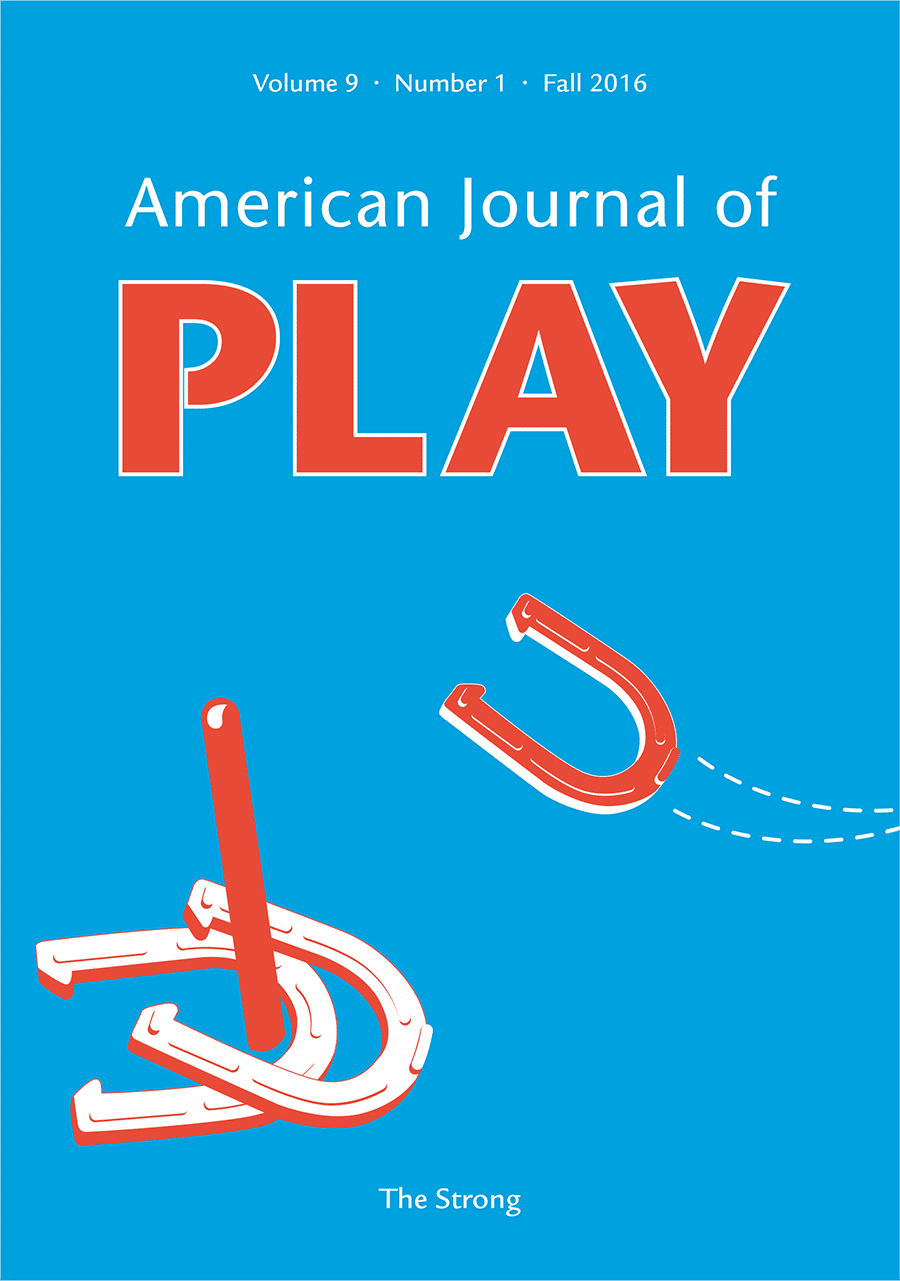Playing with Ideas: An Interview with Lou Marinoff
Lou Marinoff is Professor of Philosophy at the City College of New York, where he also teaches courses in Asian Studies. Trained originally in chemistry, computing technology, and theoretical physics in Canada, he studied at the Hebrew Univer-sity of Jerusalem and obtained his doctorate in the philosophy of science from University College London. At City College he practices what he calls “stand up philosophy” as he teaches a variety of courses that include decision theory, ethics, Buddhism, Chinese philosophy, and philosophical practice. Marinoff is founding president of the American Philosophical Practitioners Association and editor-in-chief of its journal Philosophical Practice. He is the author of, among other works, Plato Not Prozac: Applying Eternal Wisdom to Everyday Problems; The Middle Way: Finding Happiness in a World of Extremes; Therapy for the Sane: How Philosophy Can Change Your Life; and Fair New World, a novel. He is a classical guitarist, nature photographer, film director, and three-time Canadian Open Table Hockey champion. In this interview Marinoff discusses his playful approach to philosophy, the rise of humorlessness and the decline of hilarity, censorship, virtue, and the counseling profession he helped invent—philosophical practitioner. Key words: applied philosophy, ethics, philosophical discourse, philosophical practitioner, play, political correctness





